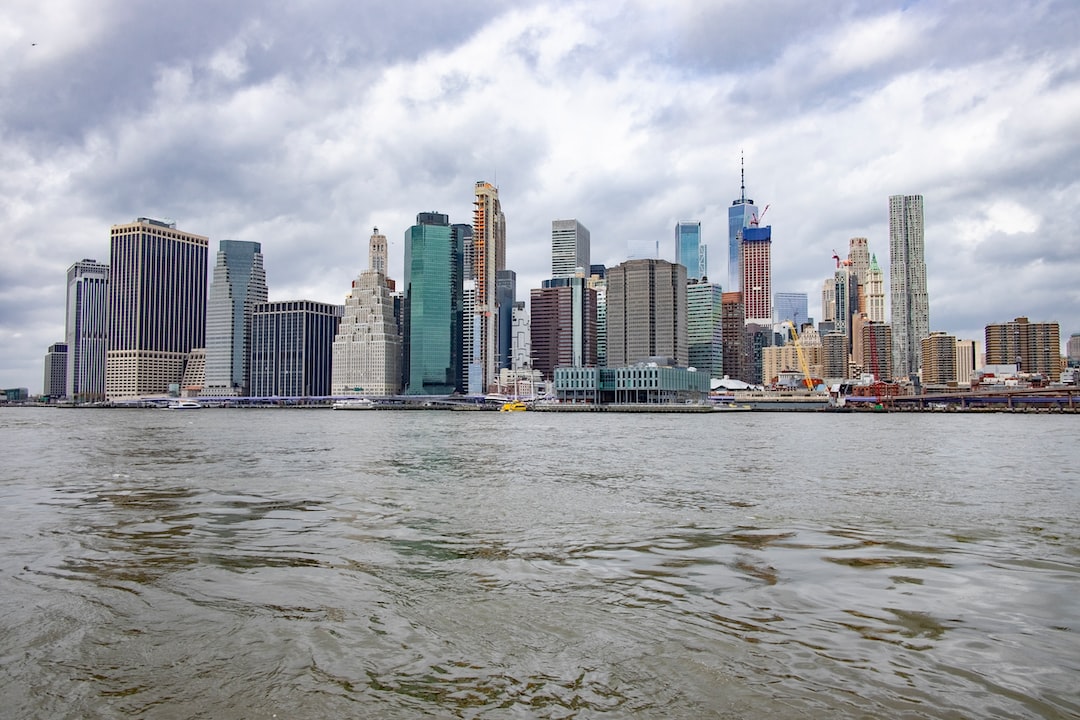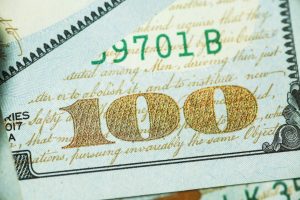Forex prices, also known as exchange rates, are determined by a variety of factors and players in the global financial markets. The foreign exchange market is the largest and most liquid financial market in the world, with an estimated daily turnover of $6.6 trillion. With such a large market, it is essential to understand who decides forex prices.
Central Banks
Central banks play a crucial role in determining forex prices. They are responsible for setting monetary policies that affect the supply and demand of currencies. Central banks have the power to influence exchange rates by adjusting interest rates, buying or selling currencies, and implementing other monetary policies.
For example, if a central bank raises interest rates, it will attract foreign investment and strengthen the local currency. This is because higher interest rates mean higher returns for investors, which makes the currency more attractive. This increased demand for the currency will drive up its price.
Similarly, if a central bank sells its own currency, it will increase the supply of that currency and decrease its value. This is because when there is an excess supply of a currency, its value goes down due to decreased demand.
Banks and Financial Institutions
Banks and financial institutions are also major players in the forex market. They facilitate transactions between buyers and sellers of currencies and can also speculate on currency price movements. Banks and financial institutions can use their vast resources to manipulate the forex market, especially in the short term.
For example, a large bank may place a massive buy or sell order for a particular currency, which can cause a temporary spike or dip in its price. This is known as market manipulation and is illegal in most countries.
Traders
Individual traders also play a role in determining forex prices. They can speculate on currency price movements and profit from the price changes. Traders use various tools and strategies to analyze the market and make informed trading decisions.
Retail traders, who trade through online brokers, make up a significant portion of the forex market. However, their impact on exchange rates is relatively small compared to central banks and financial institutions.
Economic Data
Economic data, such as GDP, inflation, and employment reports, can also affect forex prices. A country with a strong economy and low inflation is likely to attract foreign investment, which will strengthen its currency. On the other hand, a weak economy with high inflation will drive away foreign investors, which will weaken its currency.
Political Events
Political events, such as elections, policy changes, and geopolitical tensions, can also affect forex prices. For example, a country with a stable political climate is likely to attract foreign investment, which will strengthen its currency. On the other hand, political instability or tensions can cause investors to flee, which will weaken the currency.
Conclusion
In conclusion, forex prices are determined by a variety of factors and players in the global financial markets. Central banks, banks and financial institutions, traders, economic data, and political events all play a role in determining exchange rates. Understanding these factors is essential for anyone who wants to trade forex or invest in foreign currencies.


